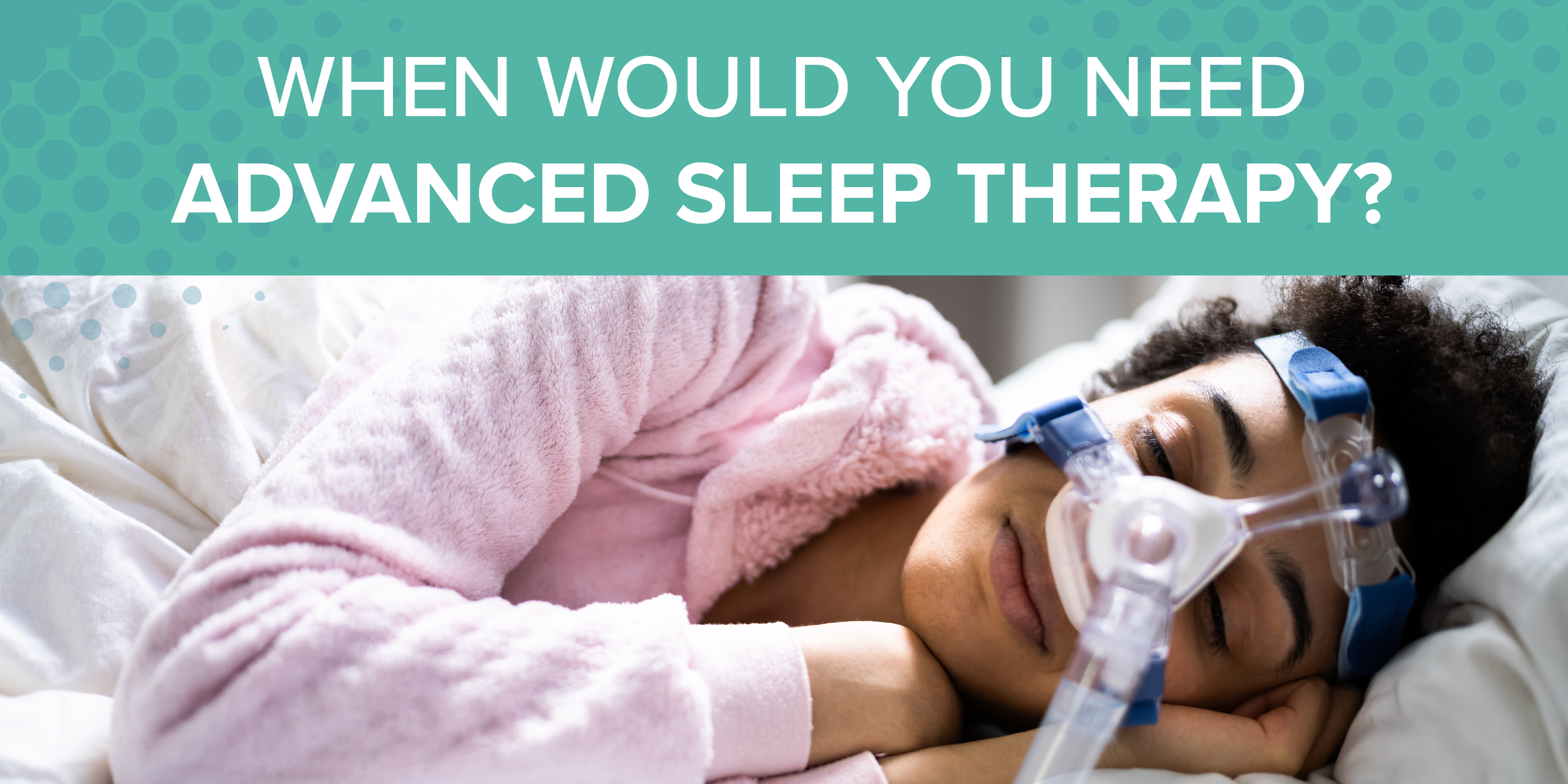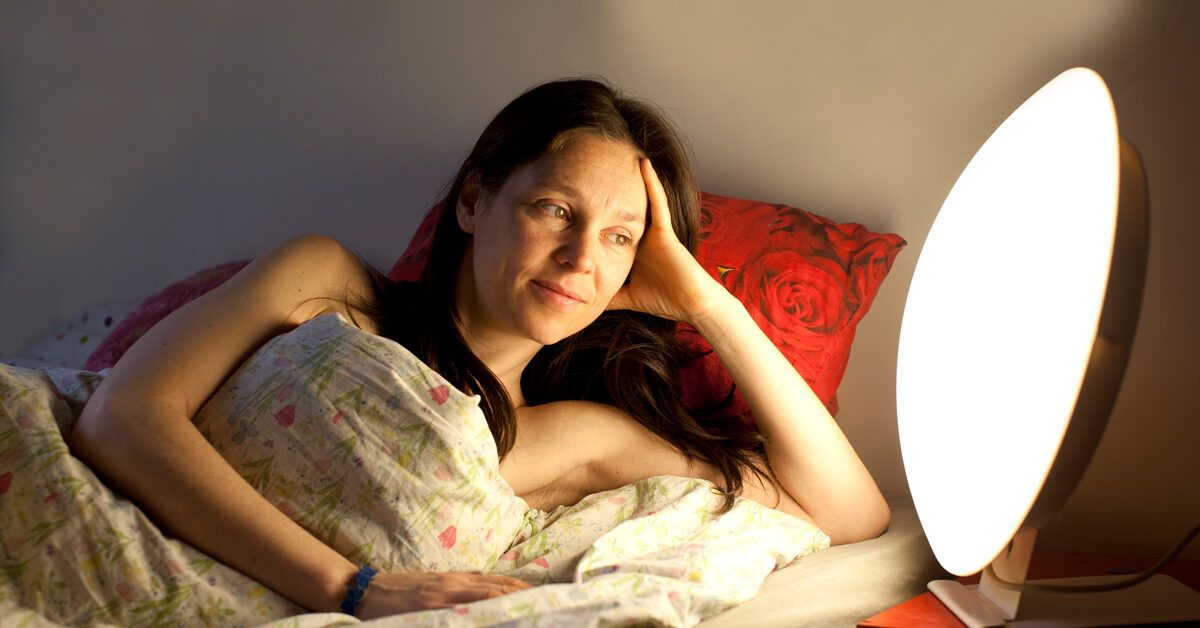Advanced Sleep Therapy - Achieve Deep, Restful Sleep
Advanced Sleep Therapy - Achieve Deep, Restful Sleep
Blog Article
Reliable Treatment Solutions for Taking Care Of Sleep Disorders and Enhancing Relaxing Sleep
In the realm of healthcare, the administration of rest conditions and the quest for peaceful rest are critical components of total well-being. As we navigate the detailed landscape of sleep problems and look for to enhance our sleep experience, a much deeper understanding of these therapy solutions might hold the trick to unlocking an extra relaxing and satisfying restorative trip.
Cognitive Behavior Treatment for Sleep Problems (CBT-I)
Cognitive Behavioral Therapy for Sleep Problems (CBT-I) is an organized, evidence-based treatment method that concentrates on addressing the hidden factors contributing to sleep disruptions. This kind of treatment aims to customize actions and ideas that aggravate sleep problems, eventually promoting healthy sleep patterns. CBT-I generally entails numerous vital components, including cognitive treatment, rest limitation, stimulation control, and rest health education and learning.
Cognitive therapy assists people determine and transform negative thought patterns and ideas concerning rest that may be hindering their ability to drop or remain asleep. Sleep constraint involves limiting the amount of time invested in bed to match the person's actual sleep period, thereby boosting rest effectiveness (sleep disorder treatment). Stimulation control techniques help develop a solid organization in between the bed and sleep by encouraging individuals to visit bed only when drowsy and to avoid taking part in boosting tasks in bed
Moreover, sleep hygiene education and learning focuses on establishing healthy and balanced sleep behaviors, such as preserving a constant sleep timetable, producing a relaxing bedtime regimen, and enhancing the sleep atmosphere. By resolving these factors thoroughly, CBT-I uses an efficient non-pharmacological intervention for taking care of sleeplessness and enhancing overall rest quality.
Rest Hygiene Practices
Having developed the structure of cognitive restructuring and behavior modifications in dealing with sleeplessness with Cognitive Behavioral Therapy for Sleeplessness (CBT-I), the focus now shifts in the direction of exploring vital Sleep Health Practices for maintaining ideal sleep high quality and general health.
Rest health techniques encompass a variety of routines and environmental aspects that can significantly influence one's capability to drop off to sleep and stay asleep throughout the night. Regular sleep and wake times, producing a relaxing going to bed routine, and maximizing the sleep setting by maintaining it dark, peaceful, and cool are important components of great rest hygiene. Restricting direct exposure to displays before going to bed, staying clear of stimulants like caffeine near bedtime, and participating in regular physical task throughout the day can additionally advertise far better rest top quality.
Additionally, practicing relaxation techniques such as deep breathing workouts or meditation prior to bed can assist soothe the mind and prepare the body for rest. By including these rest hygiene practices into one's everyday routine, people can develop a healthy and balanced rest pattern that supports restful sleep and overall wellness.
Relaxation Strategies and Mindfulness
Implementing relaxation strategies and mindfulness methods can play a crucial duty in promoting a sense of tranquility and advertising quality rest. sleep deprivation help. These methods aim to silent the mind, minimize tension, and develop an optimum environment for relaxed sleep. One widely practiced method is deep breathing workouts, where individuals concentrate on sluggish, deep breaths to loosen up the body and mind. Modern muscle leisure involves tensing and after that launching each muscle team, promoting physical relaxation. Additionally, assisted images can help carry individuals to a serene area in their minds, aiding in stress and anxiety decrease and improving sleep quality.
Mindfulness methods, such as reflection and yoga, are likewise reliable in promoting leisure and boosting rest. Mindfulness encourages individuals to remain existing in the minute, releasing bother with the past or future. By including these techniques right into a bedtime routine, individuals can indicate to their bodies that it is time to prepare and loosen up for sleep. On the whole, integrating relaxation techniques and mindfulness practices can substantially add to handling sleep disorders and improving general sleep high quality.

Medicine Options for Sleep Disorders
After checking out leisure methods and mindfulness practices as non-pharmacological interventions for enhancing rest quality, it is necessary to think about medicine alternatives great post to read for individuals with sleep problems. In situations where lifestyle changes and treatment do not give sufficient alleviation, medication can be a useful device in taking care of rest disruptions.
Frequently recommended medications for rest problems consist of benzodiazepines, non-benzodiazepine hypnotics, antidepressants, and melatonin receptor agonists. Antidepressants, such as trazodone, can be helpful for individuals with co-occurring anxiety and sleep disturbances - insomnia solutions.
It is essential for people to speak with a doctor to establish the most ideal medicine option based upon their details rest disorder and clinical history.
Light Treatment for Body Clock Law
Light treatment, likewise called phototherapy, is a non-invasive therapy approach made use of to control circadian rhythms and enhance sleep-wake cycles. This therapy involves direct exposure to bright light that resembles all-natural sunshine, which helps that site to reset the body's biological rhythm. By exposing people to particular wavelengths of light, generally in the early morning or evening depending on the wanted result, light therapy can successfully change the circadian rhythm to advertise wakefulness throughout the day and enhance relaxed rest at evening.
Research has shown that light treatment can be particularly valuable for individuals with circadian rhythm problems, such as postponed sleep look here phase disorder or jet lag. It can also be practical for those experiencing seasonal depression (SAD), a type of depression that typically takes place throughout the winter season when natural light direct exposure is reduced. Light therapy is typically well-tolerated and can be used along with various other therapy approaches for sleep problems to maximize outcomes and improve total sleep quality.
Verdict
Finally, reliable treatment solutions for taking care of rest conditions and improving peaceful rest include Cognitive Behavioral Therapy for Sleeplessness (CBT-I), rest health techniques, leisure strategies and mindfulness, drug options, and light therapy for circadian rhythm regulation. These strategies can assist people boost their sleep high quality and overall wellness. It is very important to consult with a healthcare supplier to figure out one of the most ideal strategy for resolving rest problems.
As we browse the intricate landscape of sleep disorders and look for to improve our rest experience, a much deeper understanding of these therapy solutions might hold the trick to unlocking a much more rejuvenating and meeting corrective journey.
Sleep constraint entails limiting the quantity of time spent in bed to match the person's actual rest duration, therefore enhancing sleep effectiveness. Consistent rest and wake times, creating a relaxing bedtime regimen, and enhancing the sleep atmosphere by keeping it dark, quiet, and cool are essential parts of great sleep hygiene. Light treatment is typically well-tolerated and can be made use of in conjunction with other therapy techniques for rest conditions to optimize end results and improve total sleep top quality.

Report this page